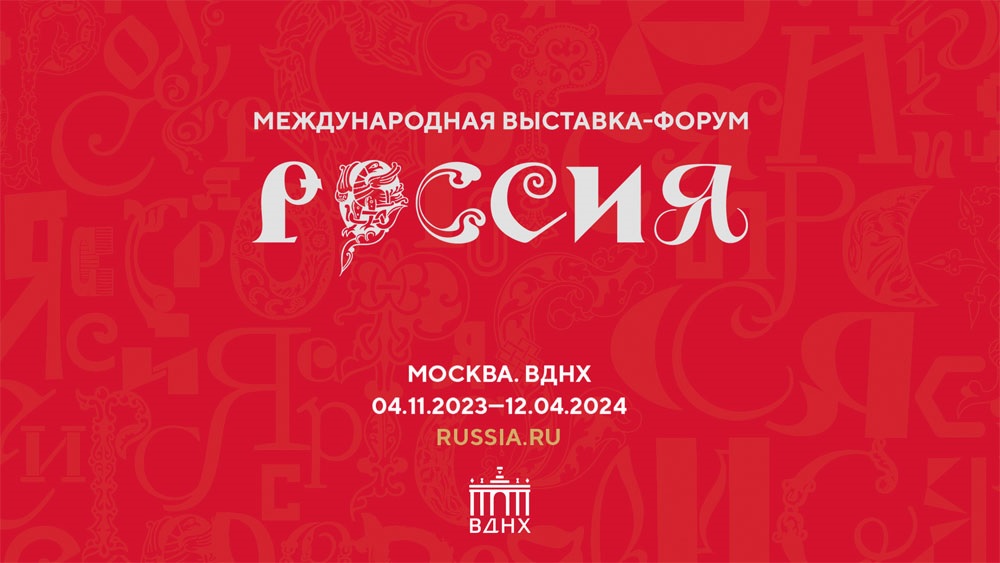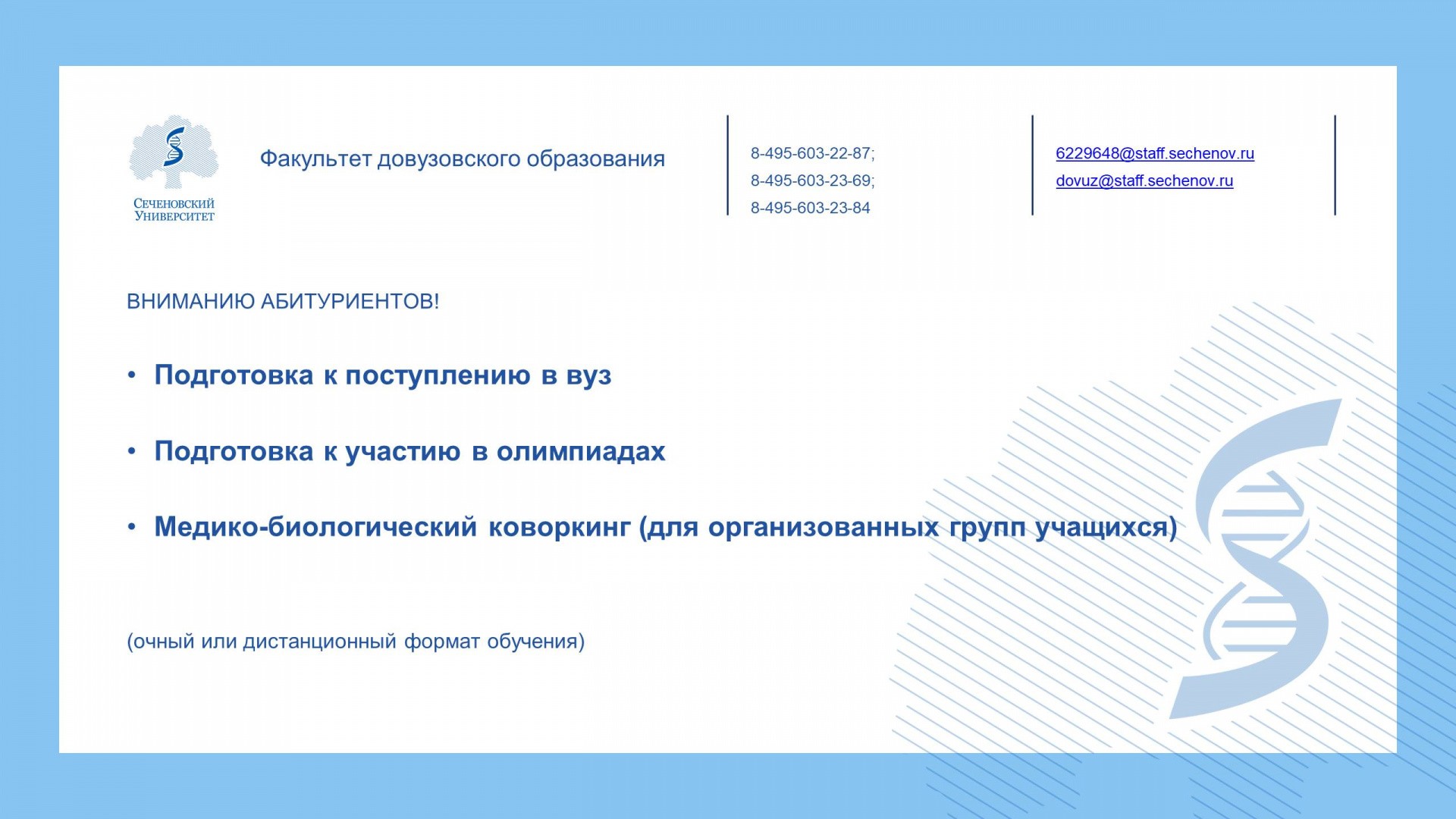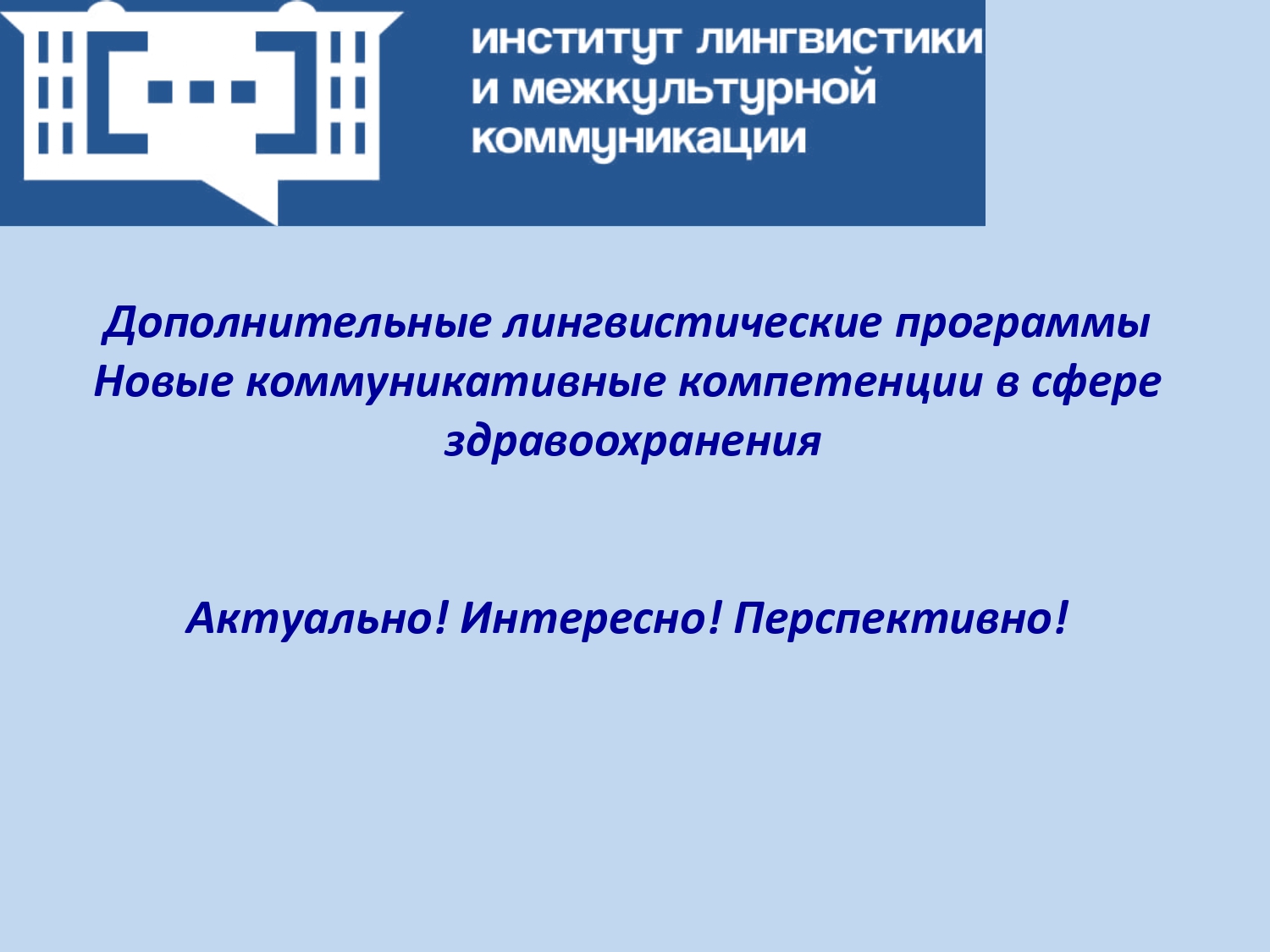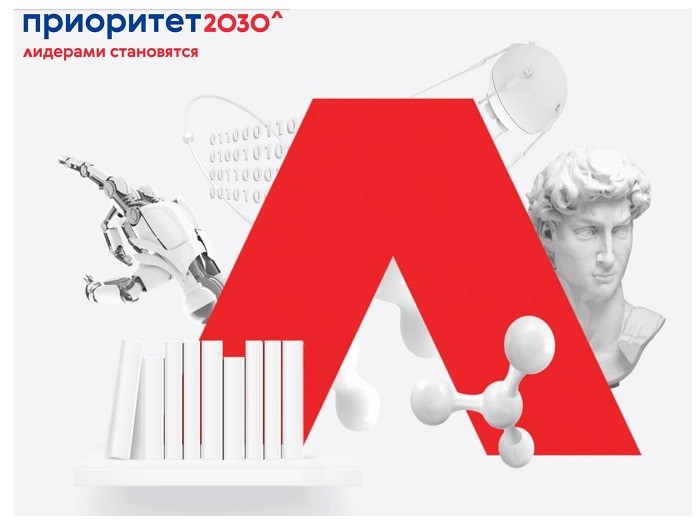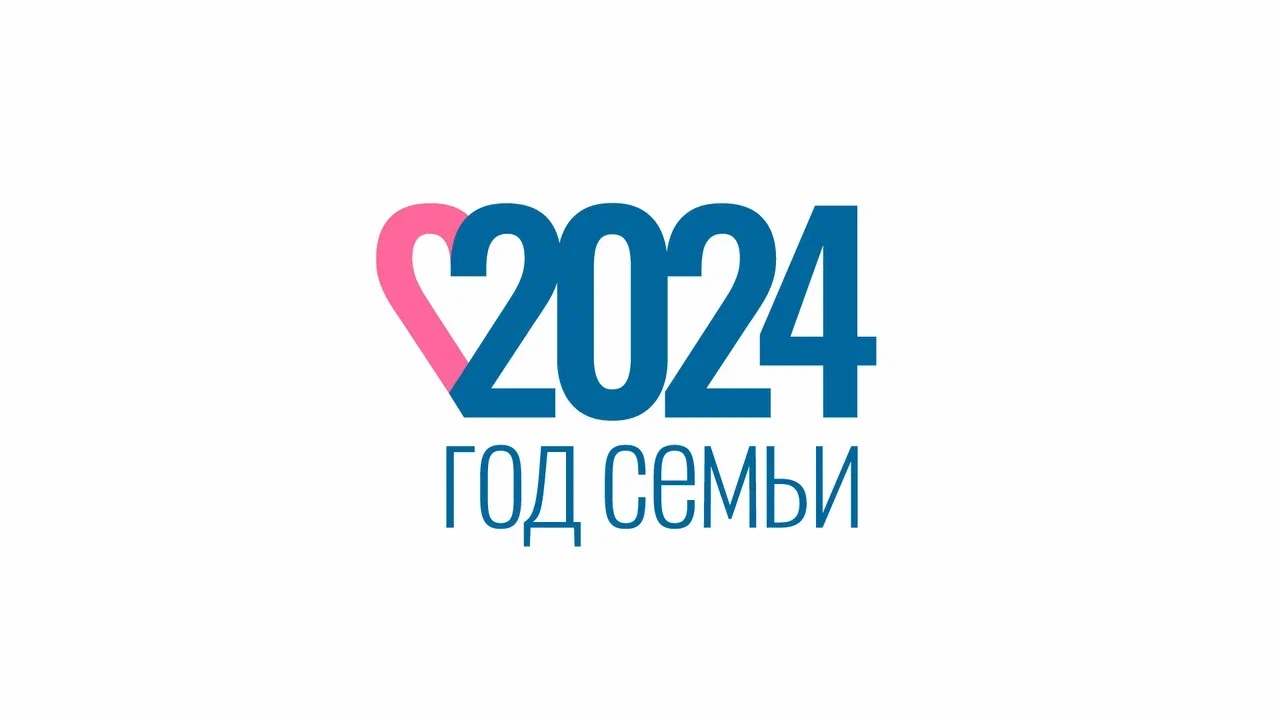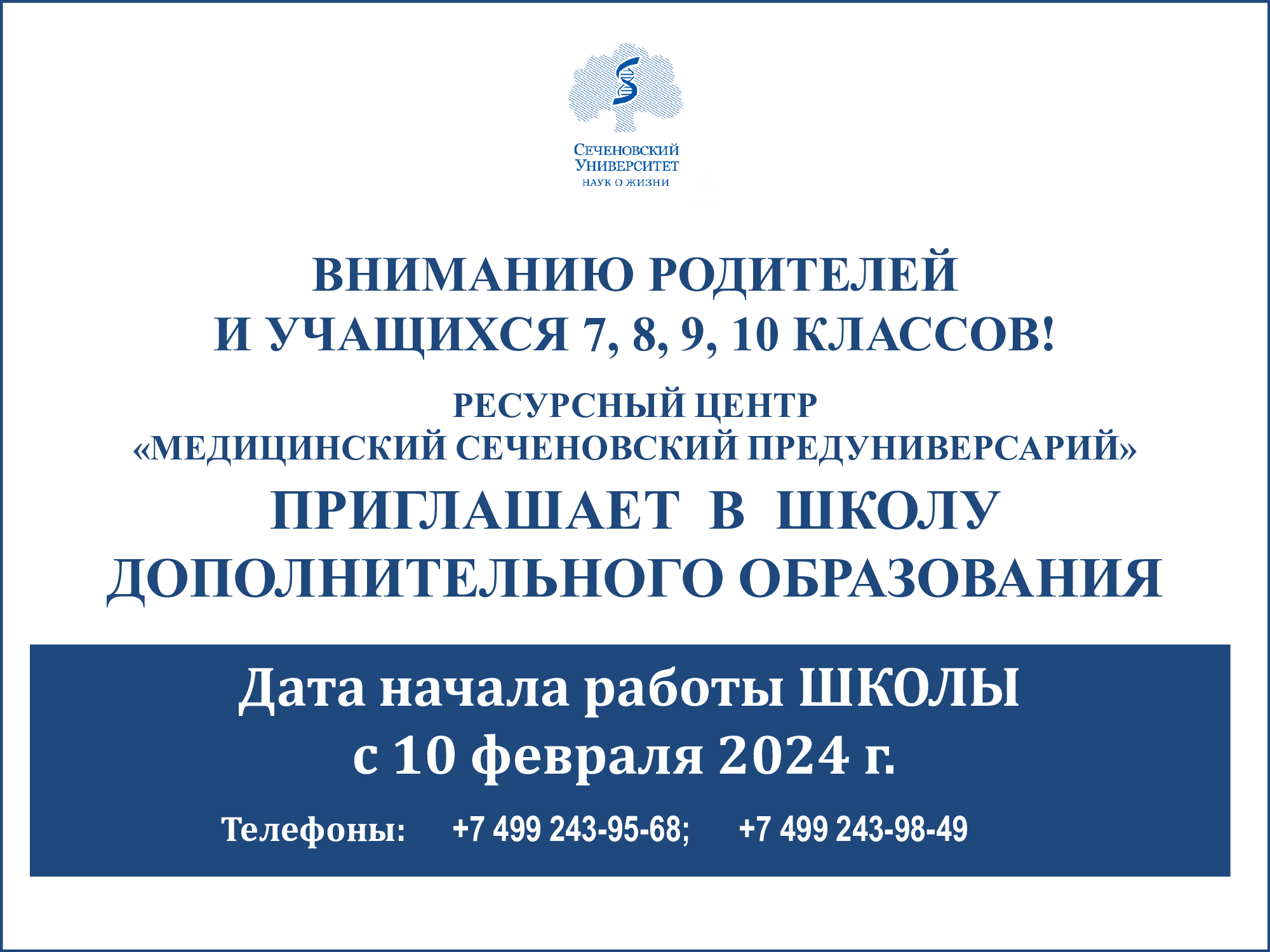Репозиторий Университета
Blockade of Neuroglobin Reduces Protection of Conditioned Medium from Human Mesenchymal Stem Cells in Human Astrocyte Model (T98G) Under a Scratch Assay
Аннтотация
Previous studies have indicated that paracrine factors (conditioned medium) increase wound closure and reduce reactive oxygen species in a traumatic brain injury in vitro model. Although the beneficial effects of conditioned medium from human adipose tissue-derived mesenchymal stem cells (hMSCA-CM) have been previously suggested for various neurological diseases, their actions on astrocytic cells are not well understood. In this study, we have explored the effect of hMSCA-CM on human astrocyte model (T98G cells) subjected to scratch assay. Our results indicated that hMSCA-CM improved cell viability, reduced nuclear fragmentation, attenuated the production of reactive oxygen species, and preserved mitochondrial membrane potential and ultrastructural parameters. In addition, hMSCA-CM upregulated neuroglobin in T98G cells and the genetic silencing of this protein prevented the protective action of hMSCA-CM on damaged cells, suggesting that neuroglobin is mediating, at least in part, the protective effect of hMSCA-CM. Overall, this evidence suggests that the use of hMSCA-CM is a promising therapeutic strategy for the protection of astrocytic cells in central nervous system (CNS) pathologies.
Вернуться назад

